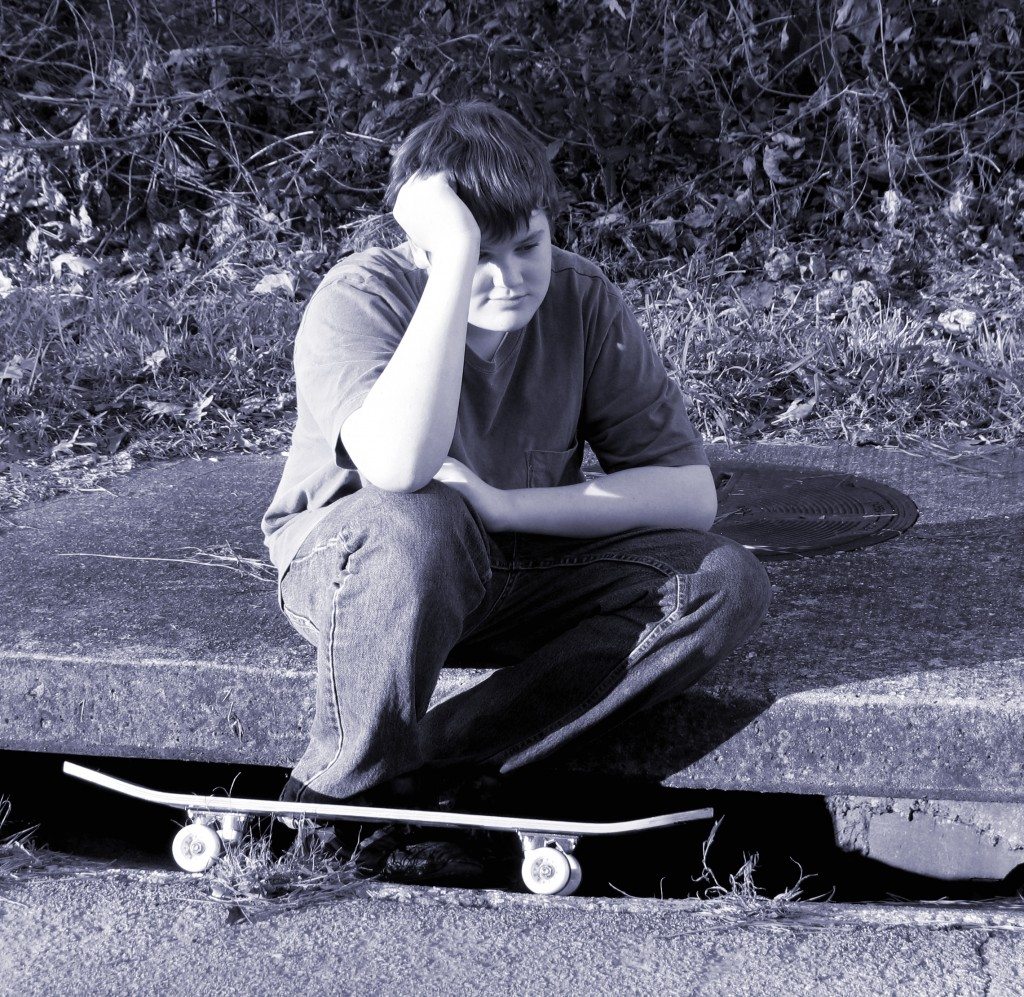Our personal productivity system is surrounded by things that we need to do, problems that we need to solve, questions, requests, projects… All these things we are still undecided about are called “pre-occupations”. That is to say, things we worry about without really dealing with them.
“Pre-occupations” are stressful, they make us waste time and interfere with the rest of the things we need to do. Imagine, for example, that you have a scratch on your car. Every time you take your car, you see it and then remember that you have to get it fixed. This scratch has become a “pre-occupation” for you and each time you see it, you are forced to think about it and to dedicate time to it, this stresses you slightly. There are two ways of getting rid of a “pre-occupation” and of the stress it generates:
First, you can decide that you are not going to get it fixed. In the end, it is quite common for cars to have scratches and keeping your car spotless is not worth the time or the effort of taking it to a garage. You may continue to see the scratch but from the moment the decision has been made, your brain will not remind you that you have something pending to do since you have decided not to do anything about it.
Second, you could decide to have it fixed. The best way to get rid of this “pre-occupation” is to take the car to the garage now or after the summer or ask someone to take it for you. It will eliminate this “pre-occupation” and the stress it produces. Check out this diagram from our Time Management course, Triskelion, developed by Gamelearn, about pre-occupations:
If we decide not to do anything, the “pre-occupation” will disappear and will not enter our system. If we decide to do something, the “pre-occupation” will become a “decision” and will be recorded in our system.
You must record all the “decisions” in your system. It is important to define the next step to take. The “next step” is the specific physical action to be taken to transform this “decision” into a reality. For example, “Take the car to the garage” is not the first specific physical action that you will need to carry out. Before that, you will need to find the garage’s phone number then call for an appointment and finally take the car over there. So, “Find the phone number for the garage” is the next step to record in your system. This is a specific action easy to carry out.
Your master “To Do List” should be a list of “next steps” and not a list of “decisions”. This is the best way for you to progress towards your objectives and make your decisions come true. The secret of the most efficient and productive individuals is that they know how to define the “next step” no matter how high the objective or the extent of the project. This way, they do not feel frightened or procrastinate and they act much faster than those who do not define their “next steps”. To summarize, “pre-occupations” surround your system and they will remain there until you make a decision. If you decide to do something, “pre-occupations” will enter your system. They will become “decisions”. They will remain as such until you define “next steps”, i.e, the next specific physical actions to carry out. The “To Do List” in your system must gather all your “next steps”for both personal and professional matters.

